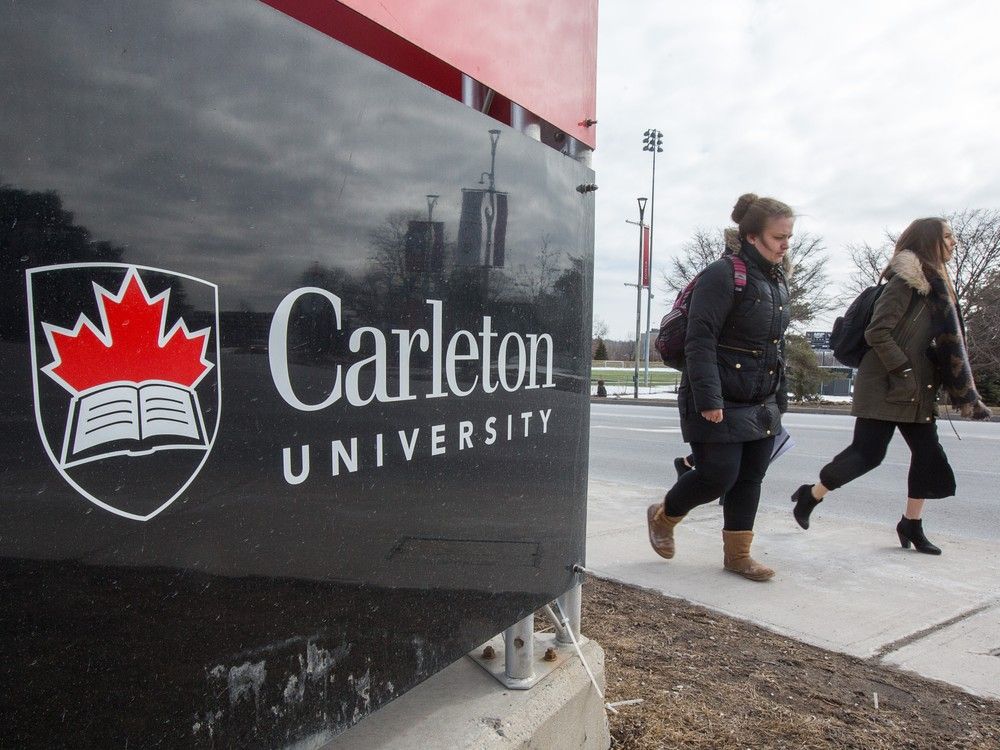The union that represents about 1,000 full-time faculty and professional librarians at Carleton University will be in a legal strike position in early May.
Summer term is set to begin on May 5.
The Carleton University Academic Staff Association’s three-year contract expired on April 30, 2024. In recent weeks, both sides worked for five days with the assistance of a conciliator appointed by the Ministry of Labour, said Carleton in a message to the campus community dated April 17.
On April 10, CUASA requested that the conciliator file a no-board report, which indicates conciliation efforts have failed and triggers a 17-day countdown. After that,
a union can legally strike ,and an employer can lock out workers.
“This means that CUASA will be in a legal strike position in early May,” said the university in its statement.
“This does not mean that a strike is imminent or certain to occur. The university and CUASA have agreed to participate in mediation with William Kaplan, an experienced labour arbitrator and mediator, on April 26 and 27.”
According to CUASA, workload
has been one of the main priorities for members in this round of bargaining.
“With changes resulting from budget cuts, including increases in class size, it will likely continue to be one of the top priorities of our members over the coming years.”
CUASA added that the university has also refused to include language on extending grading timelines and refused to provide for the replacement of librarians on sabbatical or long-term leaves.
“The workload of librarians on leave is redistributed to colleagues and is one of the main causes of librarian workload issues.”
Carleton said its goal is to achieve a negotiated settlement, but the university’s current financial situation must be considered.
“Carleton — along with the entire post-secondary education sector in Ontario—is currently facing unprecedented financial challenges due to an ongoing tuition freeze, frozen grant funding and caps on international student visas,” said Carleton in its message, adding that the university has addressed CUASA’s workload issues and has made a reasonable offer with improvements to health benefits and a comprehensive financial package.
“Should CUASA decide to strike, contingency plans will ensure operational continuity throughout the negotiation process.”
In its message to members, CUASA said c
onciliation and no-board reports are steps commonly taken in collective bargaining and do not necessarily result in work stoppages. CUASA and the university signed collective agreements after a no-board was issued in 2006 and 2010, said the union.
Related
- Everything you need to know about Ottawa’s new zoning bylaws
- Deachman: Westboro bus-crash inquest is filling in important details



